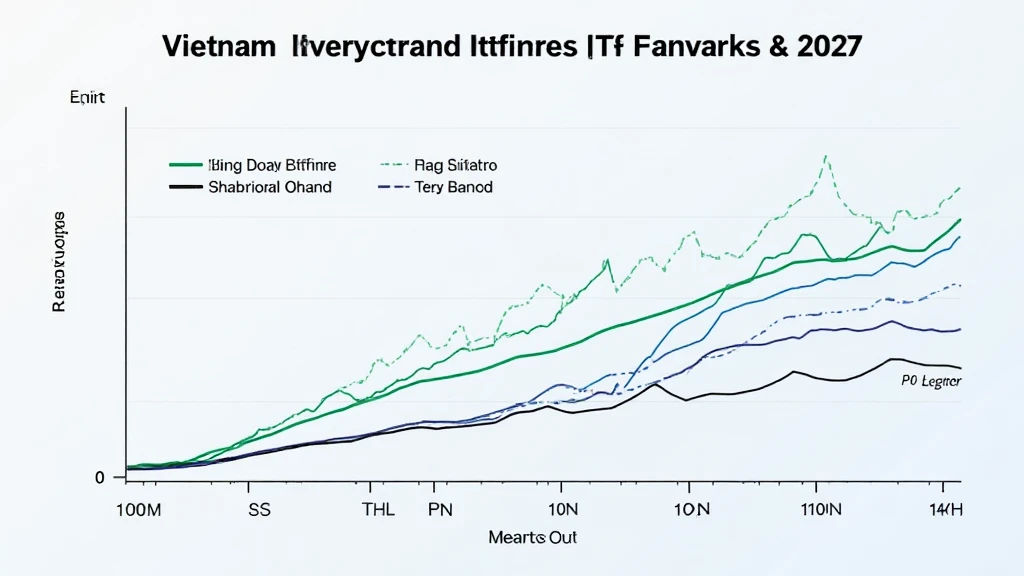Introduction
With the rapid rise of cryptocurrencies and blockchain technology, the investment landscape is evolving. In 2024 alone, the real estate sector saw over $600 million in investments that utilized cryptocurrency, reflecting a growing interest among investors. As the market matures, many are asking: How to syndicate crypto property investments? This article aims to provide a comprehensive overview of syndication, its mechanics, and the importance of integrating crypto assets into real estate investments.
The Basics of Property Syndication
Property syndication involves pooling funds from multiple investors to purchase a property. This method allows individuals to invest in larger, often more profitable projects than they could afford alone. Think of it like a crowdfunding platform specifically for real estate. With blockchain, crypto allows for increased transparency and efficiency.
- Legal Structure: Most syndications form under an LLC or a Limited Partnership (LP). This structure protects investors from liability.
- Investment Strategy: Define whether your goal is capital appreciation, cash flow, or a combination of both.
- Tokenization: By using blockchain technology, assets can be fractionalized into tokens—allowing multiple investors to hold shares in a single property.
Understanding Cryptocurrency in Real Estate
Investing in property using cryptocurrencies transforms how transactions occur. The advantages include speed, reduced costs, and increased accessibility for a wider range of investors.

- Lower Transaction Fees: Traditional transactions involve banks and multiple intermediaries, while cryptocurrency transactions can reduce these costs significantly.
- Speed and Efficiency: Blockchain transactions can be executed much faster than traditional methods, often in minutes.
- Access to Global Markets: Investors from around the world can easily participate in U.S. real estate projects using cryptocurrencies.
Steps to Syndicate Crypto Property Investments
Let’s break down the process of syndicating property investments using cryptocurrency:
- Define Your Objectives: Understand what you are trying to achieve—whether it’s seeking capital appreciation or generating rental income.
- Form the Syndicate: Gather interested investors and decide on the legal structure. It’s essential to include legal counsel in this aspect to ensure compliance with regulations.
- Tokenize the Investment: Choose a blockchain platform to issue tokens, which represent shares in the property. This could involve using Ethereum or any other blockchain that supports smart contracts.
- Select the Property: Research potential properties that align with your syndicate’s strategy and conduct thorough due diligence.
- Handle Compliance Issues: Work with lawyers to ensure that your syndication adheres to local regulations and investor protection laws.
- Launch the Investment: Market the opportunity to investors and let them know how they can participate using cryptocurrencies.
- Monitor and Manage: Once the investment is launched, continuous management is necessary to ensure profitability and transparency with your investors.
Legal Considerations and Compliance
As the landscape of crypto property investments evolves, staying compliant with legal standards is crucial.
- SEC Regulations: In the United States, investments in syndications may trigger compliance with SEC regulations. Consult with an attorney to navigate these waters.
- Know Your Customer (KYC) and Anti-Money Laundering (AML) Policies: Implement proper KYC and AML policies to ensure your investors are legitimate.
- Tax Implications: Depending on the jurisdiction, crypto investments may attract different tax implications—be sure to consult a tax professional.
Market Trends and Data
The Vietnamese market is witnessing a growing interest in crypto property syndications. According to recent reports, the number of crypto users in Vietnam increased by 120% in 2023, indicating a strong potential for blockchain technology to disrupt the traditional real estate market.
| Year | Vietnam Crypto Users | Growth Rate |
|---|---|---|
| 2021 | 3.5 million | N/A |
| 2022 | 5 million | 42.85% |
| 2023 | 11 million | 120% |
Use Cases: Successful Crypto Syndications
Several successful projects have demonstrated the feasibility of syndicating real estate investments using crypto:
- Propy: The pioneering platform allowed for the purchase of properties using Ethereum, making the processes faster and more transparent.
- RealT: This platform tokenized real estate assets, allowing fractional ownership and opening opportunities for smaller investors.
Challenges and Solutions
Like any investment, syndicating crypto property investments comes with challenges. Here are a few:
- Market Volatility: Cryptocurrencies are notorious for their volatility. It is essential for syndicates to educate their investors on these risks.
- Regulatory Hurdles: Navigating the regulatory environment can be complex. Partnering with experienced legal professionals is key to overcoming these challenges.
Conclusion
With an increasing number of investors looking to diversify their portfolios through crypto property investments, understanding how to syndicate these assets is more important than ever. Embracing these modern investment strategies not only brings innovative opportunities but also enhances investor access and asset liquidity.
For those considering entering this space, it is crucial to adhere to legal regulations, conduct thorough research, and ensure robust investor protections are in place. By mastering the art of syndicating crypto property investments, investors can significantly enhance their financial portfolios.
Stay informed with platforms like mycryptodictionary, where we provide comprehensive insights into cryptocurrency investments and the evolving financial landscape.
Authored by: Dr. Emma Nguyen, a blockchain technology expert with over 10 years of experience in real estate investments. She has published 15 papers on digital finance and has led audits for several well-known DeFi projects.





